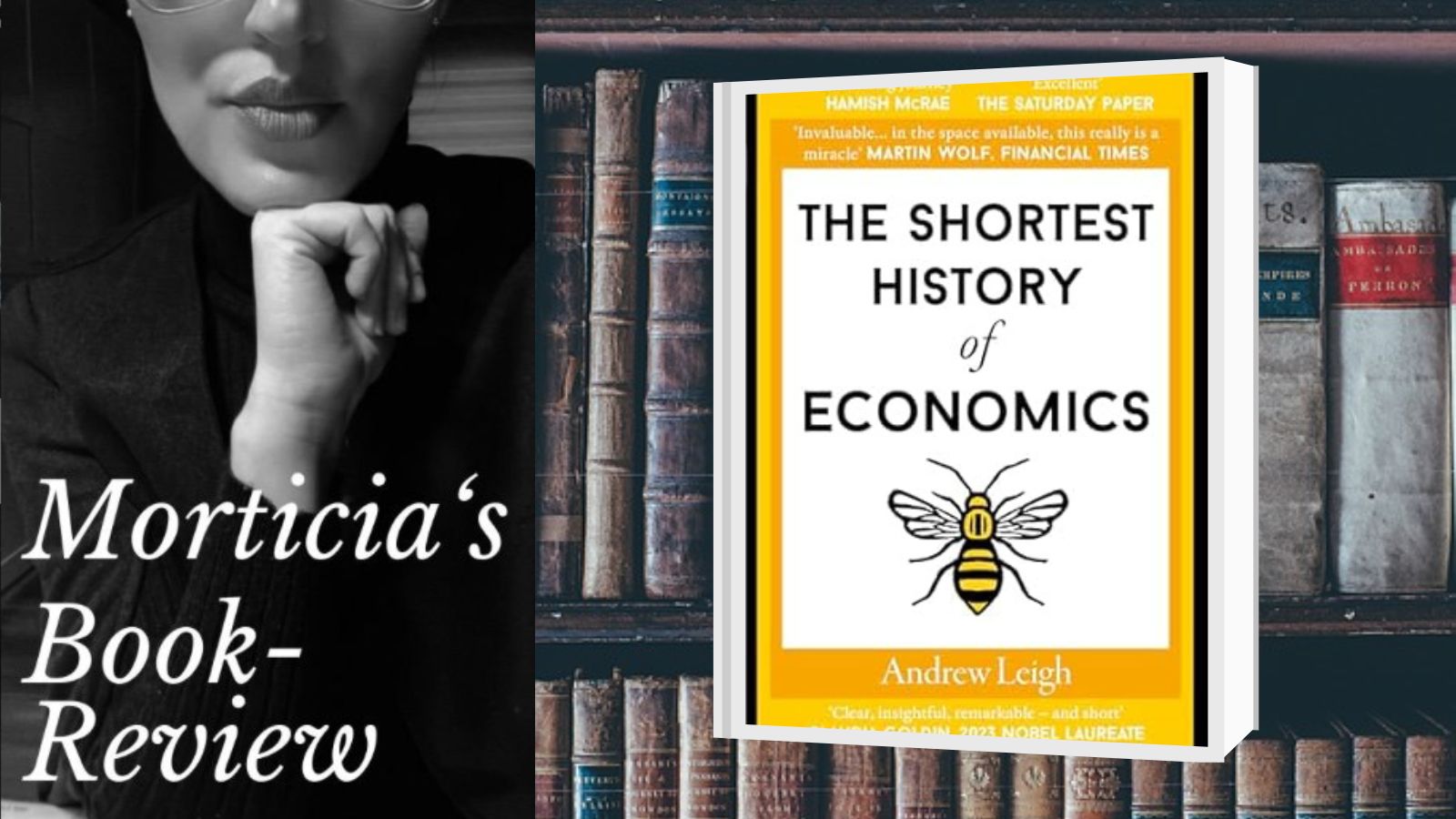
Dear HIVE Book Club members,
The Shortest History of Economics offers exactly what its title promises: a compact, dense, and surprisingly engaging journey through the development of economics as a field. From the early thinkers of political economy to modern theories and crises, the book manages to condense centuries of thought into a narrative that is accessible without being superficial.
As someone who has never been particularly fond of economists—or of those who call themselves scientists in this discipline—the book left me with mixed feelings. Economics has a poor track record when it comes to predicting the future, and its practitioners often seem far too certain when explaining why the past could only have unfolded in the way it did. This tendency toward retroactive certainty has always made me skeptical.
That said, this book works well as a summary. It doesn’t pretend to offer new groundbreaking insights but rather organizes the major schools of thought, the key figures, and the big shifts of the discipline into a highly readable structure. It was, in fact, fun to read—a rare compliment in a field that too often drowns in jargon or ideological bias.
In the end, The Shortest History of Economics is not a book that will make me admire economists any more than I did before, but it is one that I can recommend to anyone who wants a concise and engaging overview.
Rating: ★★★☆☆ (3/5)
Ciao Kakao your Morticia

HIVE Book Club: "The shortest History of Economics" by Andrew Leigh
Liebe HIVE-Bookclub-Mitglieder,
The Shortest History of Economics hält, was der Titel verspricht: eine kompakte, dichte und erstaunlich gut lesbare Darstellung der Entwicklung der Ökonomie. Von den frühen Denkern der politischen Ökonomie bis hin zu modernen Theorien und Krisen gelingt es dem Buch, Jahrhunderte des ökonomischen Denkens in einer Form zu bündeln, die zugänglich bleibt, ohne oberflächlich zu wirken.
Als jemand, der Ökonomen nie besonders geschätzt hat – oder jene, die sich als Wissenschaftler in diesem Feld bezeichnen –, hinterließ das Buch bei mir ein zwiespältiges Gefühl. Die Ökonomie hat eine schwache Bilanz, wenn es darum geht, die Zukunft vorherzusagen, und ihre Vertreter treten oft mit einer Gewissheit auf, die so tut, als hätte die Vergangenheit gar nicht anders verlaufen können. Diese rückblickende Sicherheit war mir immer suspekt.
Nichtsdestotrotz: Als Zusammenfassung funktioniert dieses Buch hervorragend. Es versucht gar nicht, revolutionär zu sein, sondern ordnet die großen Schulen, die prägenden Figuren und die entscheidenden Wendepunkte in eine lesbare und klar strukturierte Form. Und tatsächlich: Es hat Spaß gemacht, es zu lesen – was man über viele ökonomische Texte kaum sagen kann.
Am Ende ist The Shortest History of Economics kein Werk, das meine Meinung über Ökonomen grundsätzlich verändert hätte, aber es ist ein empfehlenswerter Einstieg für alle, die einen schnellen und dichten Überblick suchen.
Bewertung: ★★★☆☆ (3/5)
Ciao Kakao Eure Morticia
 |
 |
 |
| Don't forget to reshare! | For every reshare/rehive you will get one of my Proof-of-Reshare NFTs. Current Edition: Morticia #4 only 30 pices | Don't forget to reshare! |
 |